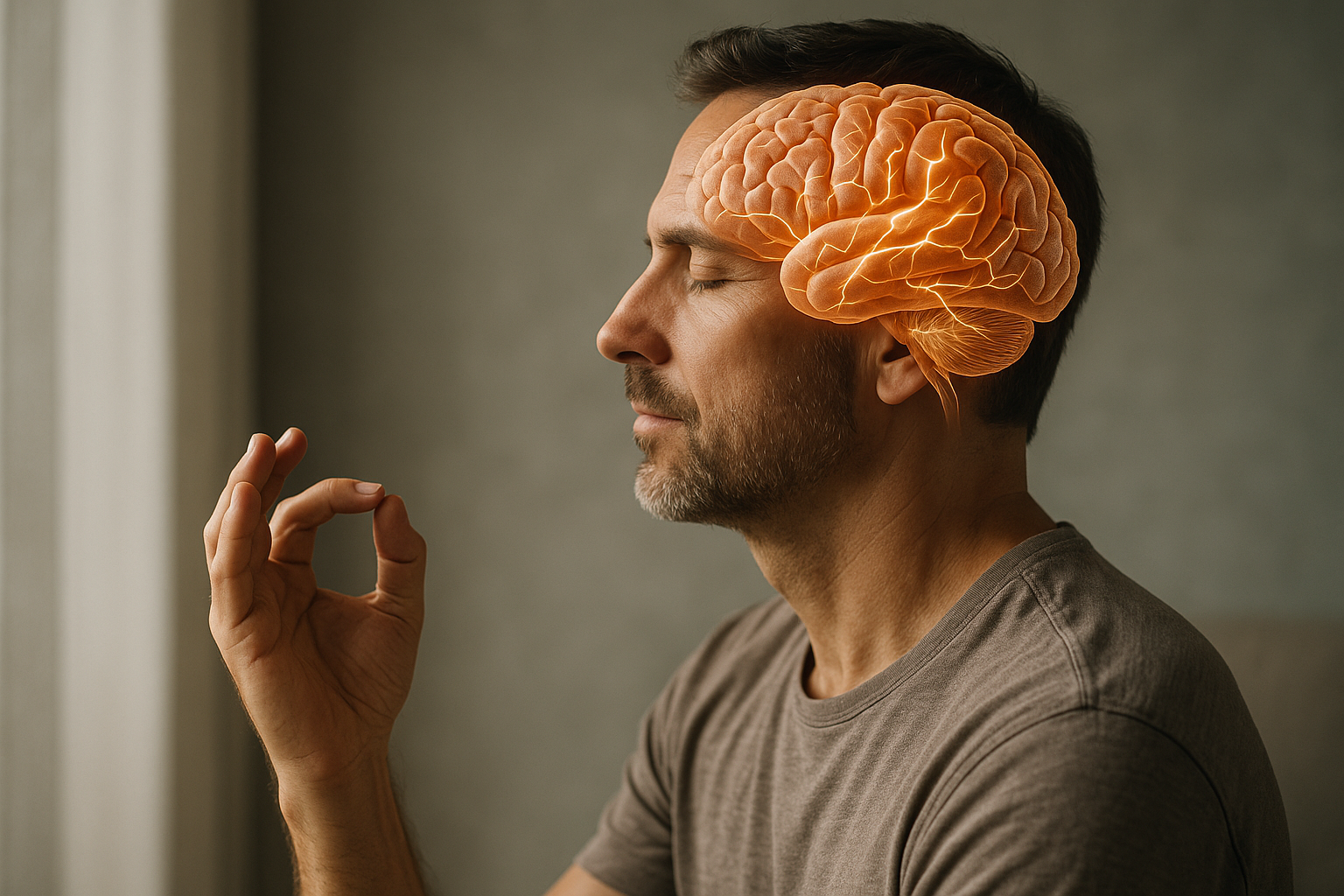Brain Booster Supplements: Evidence on Memory, Focus, and Cognitive Function
Many supplements are marketed to support brain health, memory, and concentration. People consider them for age-related decline, study needs, or everyday mental clarity. This article summarizes common ingredients, what research generally shows about effects on cognitive function, and practical safety considerations to help you evaluate options clearly and realistically.

This article is for informational purposes only and should not be considered medical advice. Please consult a qualified healthcare professional for personalized guidance and treatment.
What are common brain supplements?
Manufacturers and retailers commonly list ingredients such as omega-3 fatty acids (DHA/EPA), B vitamins, vitamin D, ginkgo biloba, Bacopa monnieri, phosphatidylserine, creatine, choline sources (citicoline, alpha-GPC), caffeine, and L-theanine. Some products combine several of these into so-called nootropic blends intended to target memory, alertness, or mental energy.
These ingredients have different proposed mechanisms: omega-3s affect neuronal membrane structure, B vitamins relate to metabolic pathways and homocysteine levels, herbal extracts may influence neurotransmitter systems or cerebral blood flow, and stimulants like caffeine alter arousal and attention. Evidence strength and regulatory oversight vary widely between ingredients and product formulations.
How can supplements affect cognitive function?
Clinical evidence is mixed. Some supplements show modest benefits in specific populations—for example, correcting a nutritional deficiency or in older adults with cognitive decline—while effects in healthy young adults are often smaller or inconsistent. Trials differ in quality, dosage, and duration, which contributes to variable findings about cognitive function.
Expectations should be measured: supplements are rarely dramatic cognitive enhancers on their own. When benefit is reported, it is typically incremental (e.g., small improvements in memory recall, processing speed, or executive function). Lifestyle factors such as sleep, exercise, stress management, and diet often have larger and more reliable impacts on cognitive function than supplement use alone.
Which ingredients support memory?
A few ingredients have the most consistent signals for memory-related outcomes. Omega-3 fatty acids, particularly DHA, are linked to brain structure and have been associated with cognitive aging in observational studies; supplementation may help where dietary intake is low. Certain B vitamins (B6, B12, folate) can support brain metabolism and may be relevant when levels are deficient.
Herbal agents such as Bacopa monnieri have some trial evidence suggesting modest improvements in memory performance after several weeks of use, though study sizes and methods vary. Phosphatidylserine and citicoline are other compounds that have been studied for memory support, again with mixed but sometimes promising results. Overall, benefits are typically modest and depend on baseline nutritional status and study populations.
Can supplements improve focus?
Caffeine is the most reliably documented compound for acute improvements in alertness and attention; combining caffeine with L-theanine (an amino acid found in tea) is often reported to reduce jitteriness while maintaining focus. Adaptogens like rhodiola or ginseng are marketed for mental energy and stress resilience, and some studies report small attention-related benefits, but evidence is heterogeneous.
Choline precursors (citicoline, alpha-GPC) may support neurotransmitter synthesis and have been evaluated for attention and mental performance, especially under fatigue or sleep deprivation. Prescription medications and stimulants designed for attention disorders are regulated drugs and should not be conflated with over-the-counter supplements. Tolerance, side effects, and sleep disruption are common considerations when using stimulatory ingredients.
Safety and interactions for brain supplements
Quality and safety vary by product. Look for third-party testing or certifications (for example, independent laboratory verification) and clear ingredient labeling. Contamination, inaccurate dosing, or undisclosed additives are documented risks in the supplement market. People taking medications—especially blood thinners, antidepressants, or drugs with sedative effects—should check for interactions; herbal extracts like ginkgo can affect bleeding risk, and some supplements may alter drug metabolism.
Side effects can include gastrointestinal upset, headaches, insomnia, or elevated heart rate depending on the ingredient. Dosage matters: higher-than-studied amounts increase risk without guaranteeing greater benefit. Pregnant or breastfeeding people, children, and those with chronic health conditions should consult a qualified healthcare professional or pharmacist in your area before starting supplements.
Conclusion
Supplements marketed as brain boosters include a range of nutrients and herbal compounds with varying levels of evidence for memory, focus, and overall cognitive function. For many people, correcting nutrient deficiencies and prioritizing sleep, activity, and nutrition will have greater impact than supplements alone. When considering supplements, evaluate ingredient-level research, product quality, potential interactions, and consult a healthcare professional for personalized advice.





